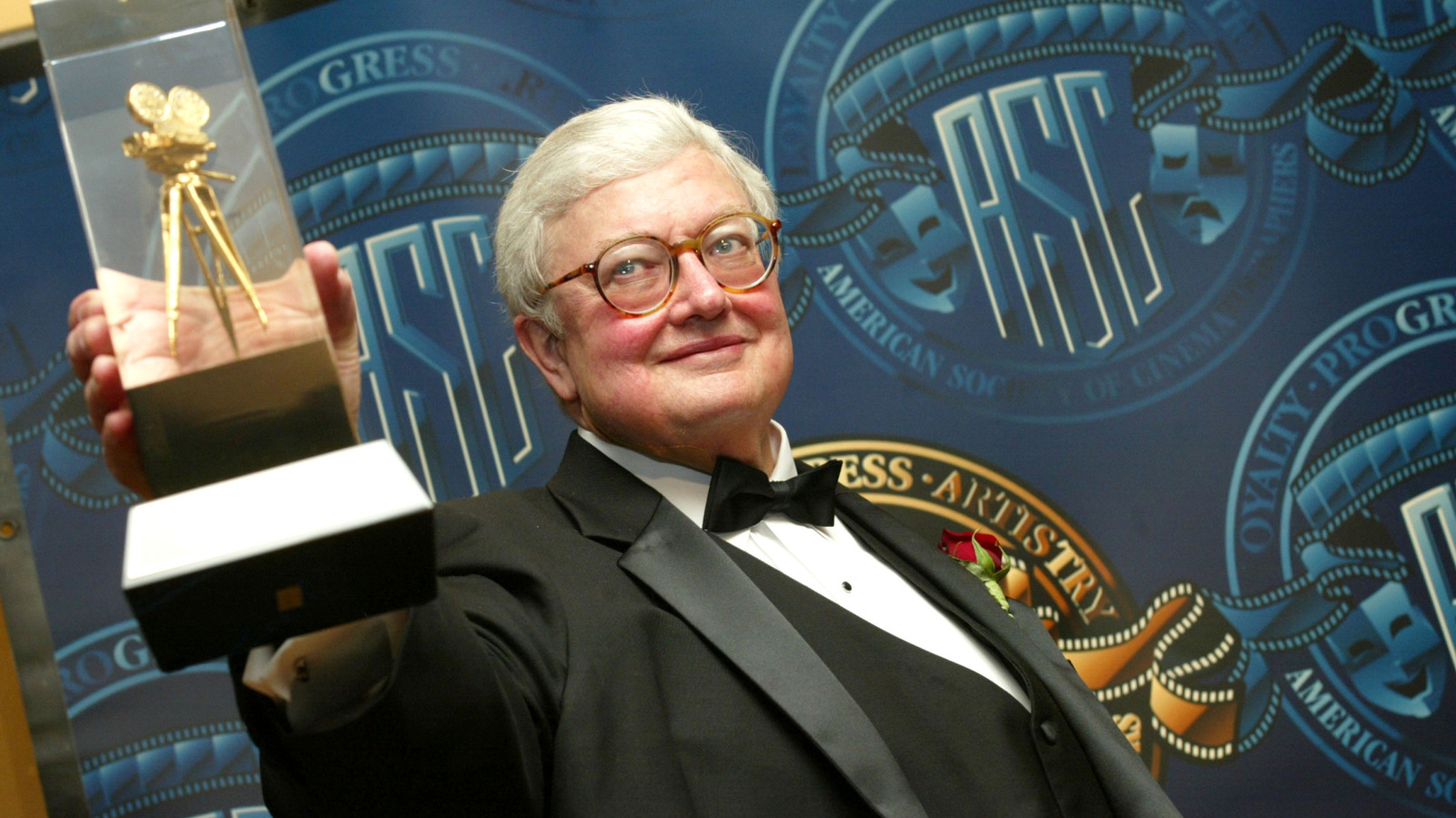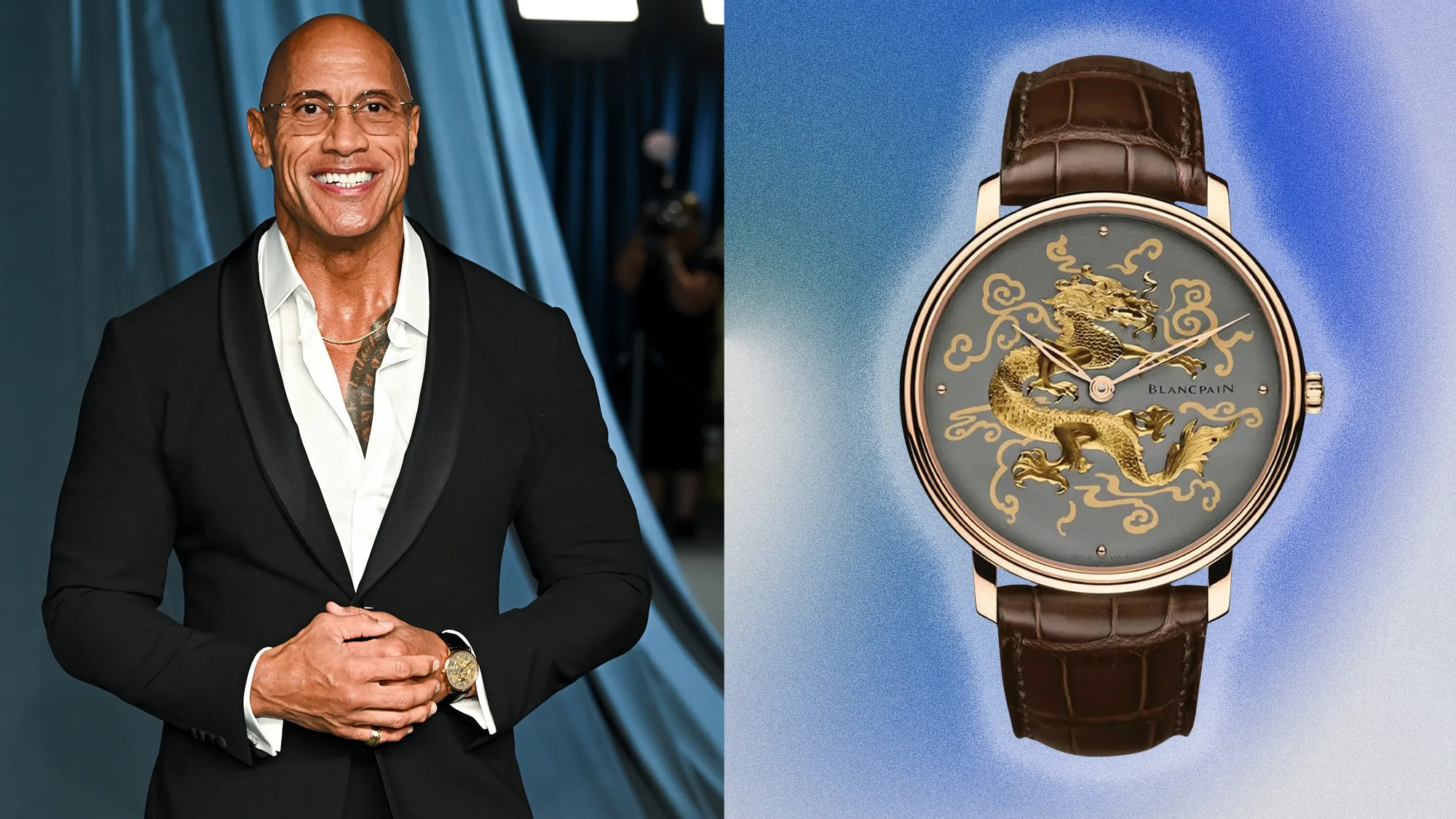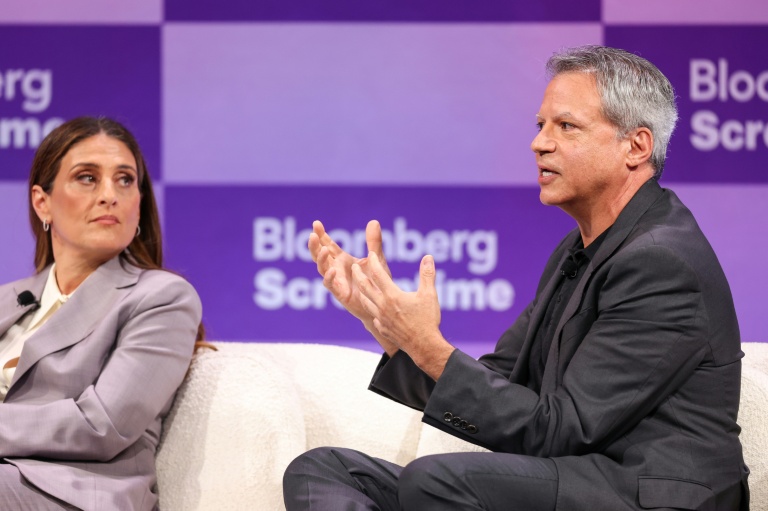Copyright /FILM

Zack Snyder's "Watchmen" was a box office failure that remains divisive to this day. The 2009 film has been criticized for being too faithful to the Alan Moore and Dave Gibbons comic book series on which it's based, and also for not being faithful enough. It's been written off as both too hollow a pastiche of Moore's multi-layered story and too complex a tale to work as mass entertainment. As such, the film has occupied an unusual space in Hollywood history since its debut, both forgotten and lauded by various parts of the fandom. One man who certainly wasn't conflicted in his assessment of the movie, however, was Roger Ebert, who gave "Watchmen" a perfect 4/4 stars. Ebert bestowed perfect scores on plenty of films throughout his career. He gave Matt Damon and Clint Eastwood's "Hereafter" a flawless 4/4, and did the same for 1972's "The Red Mantle" and 2012's "The Kite." He was also the only reviewer to give a notoriously mediocre Samuel L. Jackson crime thriller a perfect score. Among these apparently faultless movies also sits Snyder's 2009 film, which according to Ebert was "another bold exercise in the liberation of the superhero movie." The esteemed critic, who passed away in 2013 at the age of 70, evidently had a "powerful experience" with "Watchmen," describing it as "a compelling visceral film" adding, "sound, images and characters combined into a decidedly odd visual experience that evokes the feel of a graphic novel." But while Ebert viewed the film as a transporting visceral experience, he also saw it as the kind of thing that could inspire debate. For a critic, especially one of Ebert's ilk, that's precisely the kind of thing you might expect him to enjoy. Long before "The Boys" or "Invincible" took aim at the very concept of superheroes, Alan Moore had successfully deconstructed these modern myths with his 1986/87 comic book, "Watchmen." The alternate history depicted in the story involved superheroes emerging in the 1940s and helping the United States to victory in the Vietnam War. Richard Nixon remained in power in the 1980s just as the Cold War was coming to a boiling point and superheroes have been outlawed, with most having retired and only a handful working for the government. After one of these officially-sanctioned heroes is murdered, a group of former vigilantes investigates and uncovers a sinister conspiracy. For 20 years, a film adaptation sat in development hell before Zack Snyder eventually managed to bring such a thing to fruition. His pre-DC Extended Universe movie shaped how much of that forthcoming franchise would look and impressed Christopher Nolan, who said that "Watchmen" was ahead of its time and would have fared better had it debuted in a post-"Avengers" world. For Roger Ebert, however, the movie was perfectly fine debuting when it did. The critic was convinced that Snyder had delivered a masterpiece with "Watchmen," from the visual style, which had divided other critics, to the performances. The reviewer praised Dr. Manhattan actor Billy Crudup in particular for bringing "a solemn detachment" to his character, while complimenting the film as a whole for bringing "surprising conviction to these characters as flawed and minor gods." But as well as enjoying these aspects of the film itself, Ebert also seemed excited at the discourse it might provoke. Zack Snyder's "Watchmen" is arguably the best-case scenario for anyone adapting the comic, which, prior to its 2009 adaptation, had been dubbed "unfilmable" by several who'd worked on its development. Roger Ebert, however, wasn't coming to the film with preconceived notions of how best to bring Alan Moore's story to the big screen. He simply enjoyed it as something that "seem[ed] charged from within by its power as a fable." But there was another aspect to his enjoyment — one which almost certainly contributed to him bestowing a full four stars on the movie. In his "Watchmen" review, Ebert wrote that the film was "going to inspire fevered analysis." This is the sort of thing he thrived on. The only film critic to ever win a Pulitzer prize, Ebert had written an impassioned defense of film analysis with his 2012 essay "Death to film critics! Hail to the CelebCult!," in which he argued that those in his profession "should encourage critical thinking." Clearly, Ebert was passionate about opinion writing and contributing to the discourse, and his polemic against the idea of critics merely mirroring the tastes of mass audiences stands as a testament to that. With "Watchmen," it seems the reviewer found something that appealed to his fundamental love for intellectual discussion. The "fevered analysis" was sort of the point for him, and "Watchmen" certainly inspired its share of that, even if it did bring in just $185.3 million on a $130 million budget. Rotten Tomatoes might arguably be Ebert's fault, but his work represented so much more than the Fresh/Rotten binary of that modern aggregator. Whether you agree with his love for "Watchmen" or not, he and many other reviewers clearly found enough in the movie to spark the kind of discussions they so valued.



